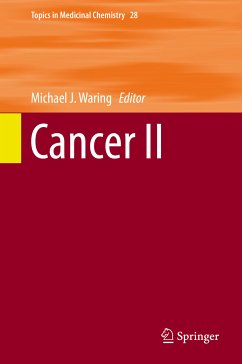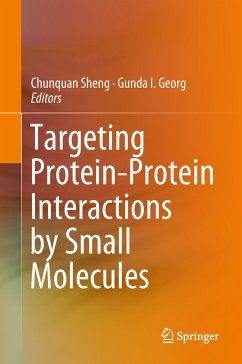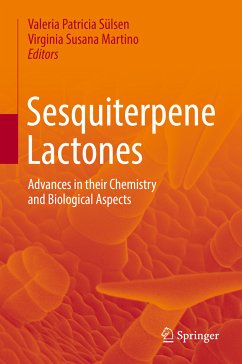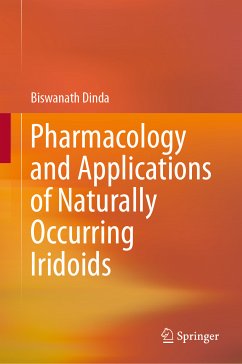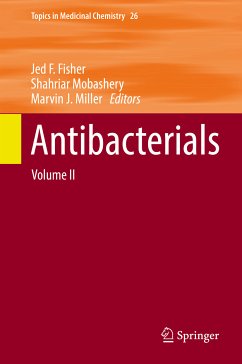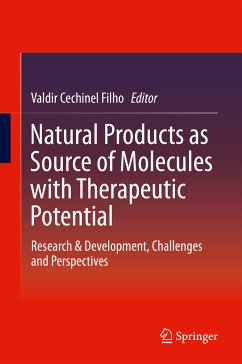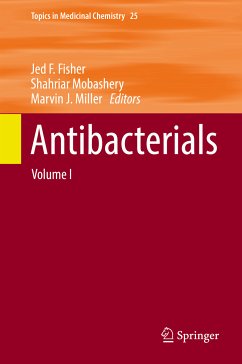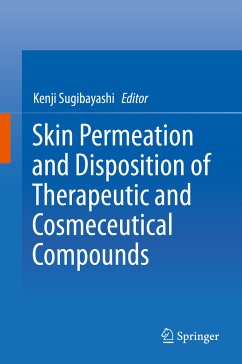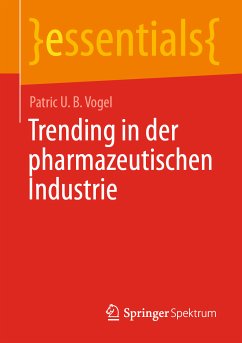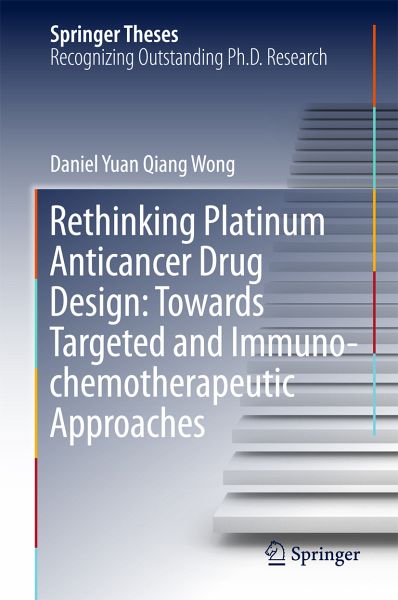
Rethinking Platinum Anticancer Drug Design: Towards Targeted and Immuno-chemotherapeutic Approaches (eBook, PDF)
Versandkostenfrei!
Sofort per Download lieferbar
88,95 €
inkl. MwSt.
Weitere Ausgaben:

PAYBACK Punkte
44 °P sammeln!
This thesis describes the authors' pioneering efforts in the conceptualization and implementation of combined platinum-based immuno-chemotherapeutics, which represent a significant paradigm shift from the conventional approach of directly targeting cancer. The work described has opened up a rich and largely unexplored area for platinum-based drug design, and ultimately paves the way for superior immuno-chemotherapeutics with better clinical outcome for patients. Historically, the contribution of the immune system to chemotherapy outcomes has been neglected, as anticancer drugs were believed to...
This thesis describes the authors' pioneering efforts in the conceptualization and implementation of combined platinum-based immuno-chemotherapeutics, which represent a significant paradigm shift from the conventional approach of directly targeting cancer. The work described has opened up a rich and largely unexplored area for platinum-based drug design, and ultimately paves the way for superior immuno-chemotherapeutics with better clinical outcome for patients. Historically, the contribution of the immune system to chemotherapy outcomes has been neglected, as anticancer drugs were believed to be immunosuppressive. However, this has been challenged by contemporary evidence suggesting that many chemotherapeutics, including platinum-based agents, stimulate the innate and/or adaptive immune system and that these "secret allies" contribute tangibly to clinical outcomes. A multi-pronged immuno-chemotherapeutic approach not only shrinks tumors, but more importantly, reactivate dormant immuneresponses to malignancies, eliminating residual cancer cells.
Dieser Download kann aus rechtlichen Gründen nur mit Rechnungsadresse in A, B, BG, CY, CZ, D, DK, EW, E, FIN, F, GR, HR, H, IRL, I, LT, L, LR, M, NL, PL, P, R, S, SLO, SK ausgeliefert werden.



